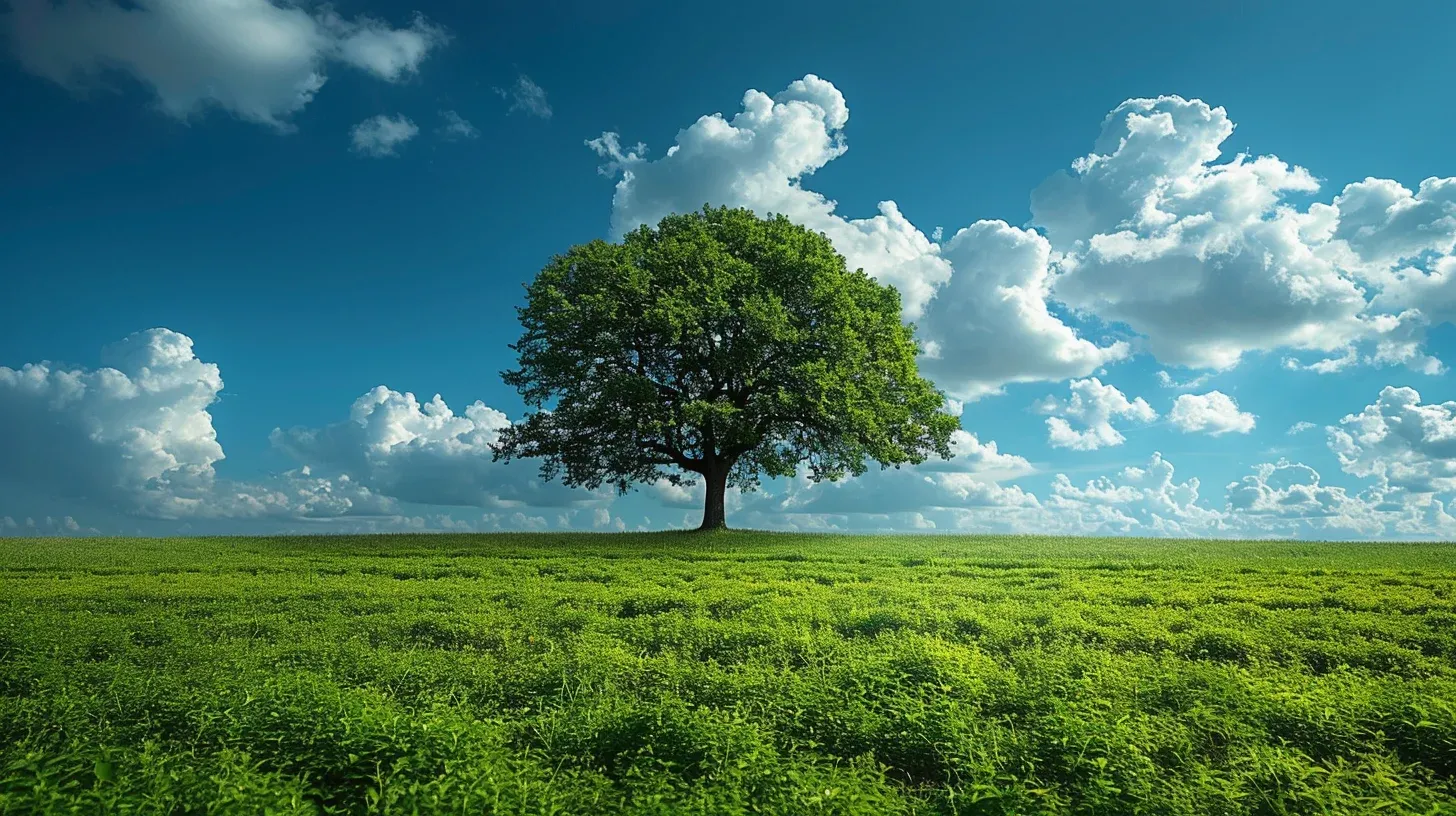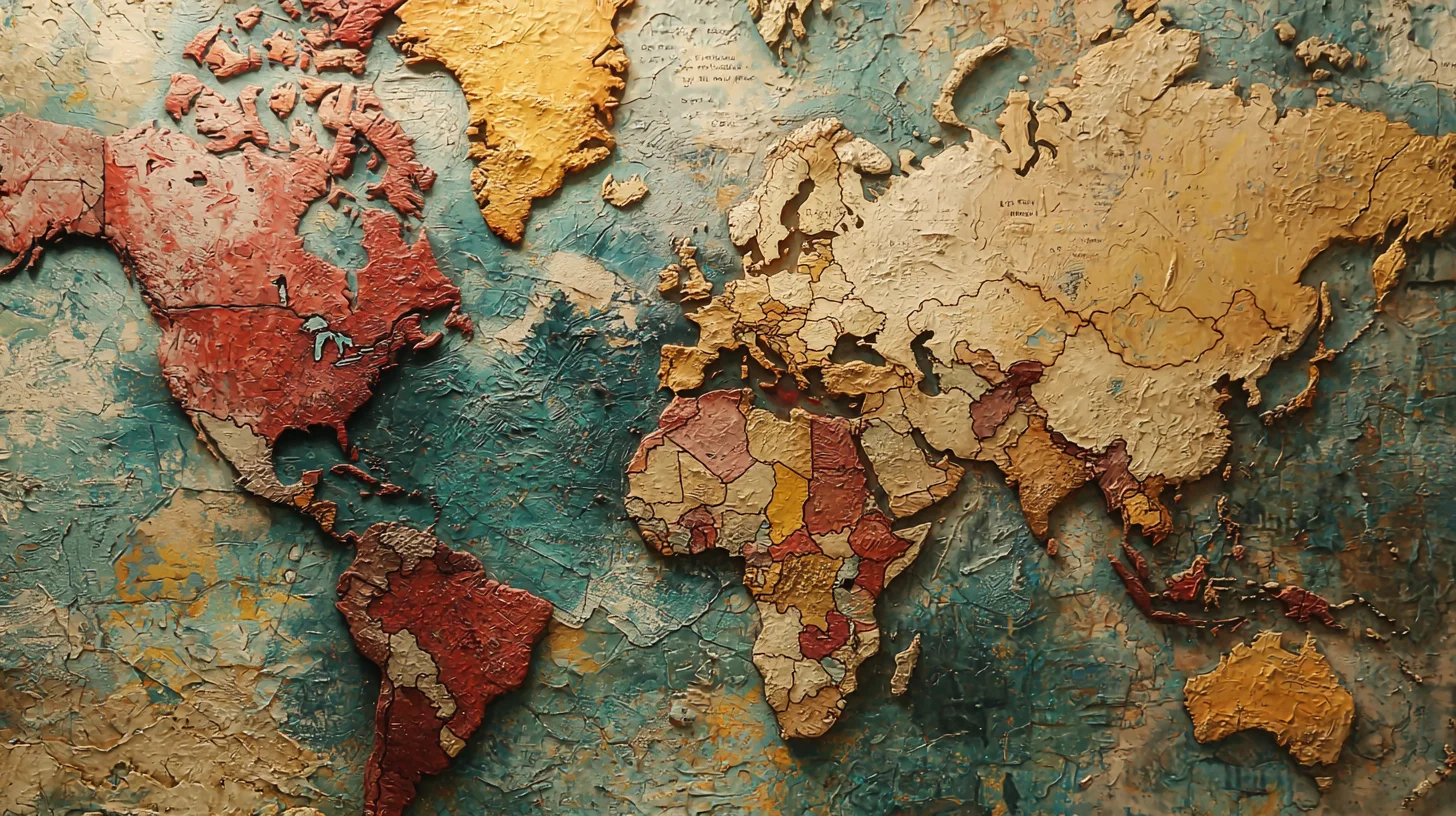28 February 2024
The Hidden Impact of Climate Change on Global Ecosystems.

Press the play button in the top right corner to listen to the article
In our exploration of the hidden impact of climate change on global ecosystems, it becomes increasingly clear that the consequences extend far beyond the widely reported rising temperatures and melting ice caps. This complex issue weaves a tapestry of ecological shifts that, while less visible, are profoundly reshaping the natural world and the delicate balance that sustains life on Earth.
At the heart of these changes lies the disruption of biodiversity. Species across the globe are facing unprecedented challenges, from altered migration patterns and habitat loss to the threat of extinction. As habitats shift or disappear, many plants and animals struggle to adapt, leading to a decrease in biodiversity. This loss not only diminishes the richness of our natural world but also threatens the ecosystem services upon which humanity relies, including pollination, water purification, and carbon sequestration.
Furthermore, climate change is acting as a catalyst for the spread of invasive species. Warmer temperatures allow these invaders to thrive in new areas, often outcompeting native species and further endangering ecosystem health. The cascading effects of these shifts can lead to the destabilization of food webs and the loss of resilience in ecosystems, making them more vulnerable to other stressors.
Ocean ecosystems are particularly vulnerable, as rising temperatures and acidification disrupt marine life. Coral reefs, often referred to as the "rainforests of the sea," are experiencing bleaching events at an alarming rate, jeopardizing the rich biodiversity they support and the livelihoods of communities that depend on them.
The implications of these changes reach far beyond the natural world, impacting agriculture, human health, and economies. For instance, the decline in pollinators affects crop yields and food security, while the spread of disease vectors due to changing climates poses new health risks.
The content, including articles, medical topics, and photographs, has been created exclusively using artificial intelligence (AI). While efforts are made for accuracy and relevance, we do not guarantee the completeness, timeliness, or validity of the content and assume no responsibility for any inaccuracies or omissions. Use of the content is at the user's own risk and is intended exclusively for informational purposes.
#botnews















































































